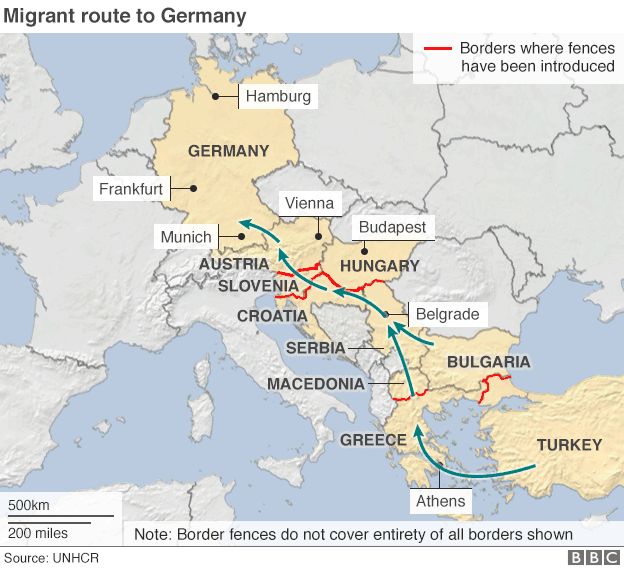1. California, cradle of US tech, has passed the nation’s toughest tech privacy law on the heels of Europe’s General Data Protection Regulation (GDPR). The law doesn’t go into effect until 2020, smart considering how bad things went for GDPR compliance. For its part, the tech community has already mobilized against the law. This is a big deal. If you want to know more, Wired has some good coverage to read.
The law also brings up three major points to consider.
A. One-in-ten Americans live in Cali, and Tech is as Cali as extra guac. This means the law will be the best test case in Tech’s own backyard for how effective State-level privacy laws can work against the Tech behemoths who are trying to make it toothless.
B. Cali also is taking the strongest stand in the current trend of States diversifying privacy law by jurisdiction. Several AGs (most prominently Washington’s) are already acting out. With the growing opinion in certain circles that tech giant are monopolies (Zuck’s tepid defense didn’t help), this may be an alternative to a Sherman Act breakup.
C. By virtue of Bay Area birth, the egalitarian constructs of the internet, and its side-by-side growth with Obama Tech has generally been Democratic-leaning. With looks from political circles going from adoring to wary, new lobbying efforts, the EU chipping away at their tax havens (diverting profits back to home tax codes), and even a proposal to make Silicon Valley into its own State this position is fast sliding to profit protection. How stark is it? The campaign against the new law was led by Amazon, Google, Facebook, Uber, and Microsoft who put up maximum donations. It passed 77-0. (If you need more tangible proof of the ongoing Democrat-Tech split, look no further than the current leadership fight surrounding V 2.0 Speaker Pelosi of San Fransisco.)
2. Ethiopia’s reform minded PM Abiy Ahmem sought out talks with Eritrea after 20 years of diplomatic silence surrounding the events of the Eritrean War for Independence and the subsequent low-burning conflict (the longest war in Africa btw). PM Ahmem is set to make some big waves if this works. With this move he could open a cheap path to a port, the one thing Ethiopia’s land locked economy desperately needs while also freeing up his security forces to help European/US Counter-terror (CT) initiatives. Outsourcing military forces like this often comes with the sort of positive trade deals and business ties that would bump Ethiopia higher towards being top dog of Africa’s economies.
3. South Korea’s Supreme Court has ordered a review of nation’s famous conscription process. The news broke against the laws, first seen as a bulwark against North Korean aggression and now viewed more as a right of passage by many men as more and more conscientious objectors emerge in the public eye. I don’t know what this means for South Korea’s military preparedness at all, but I find it interesting.
4. A French gangster broke out of prison by helicopter. Yep. Read the story here.











